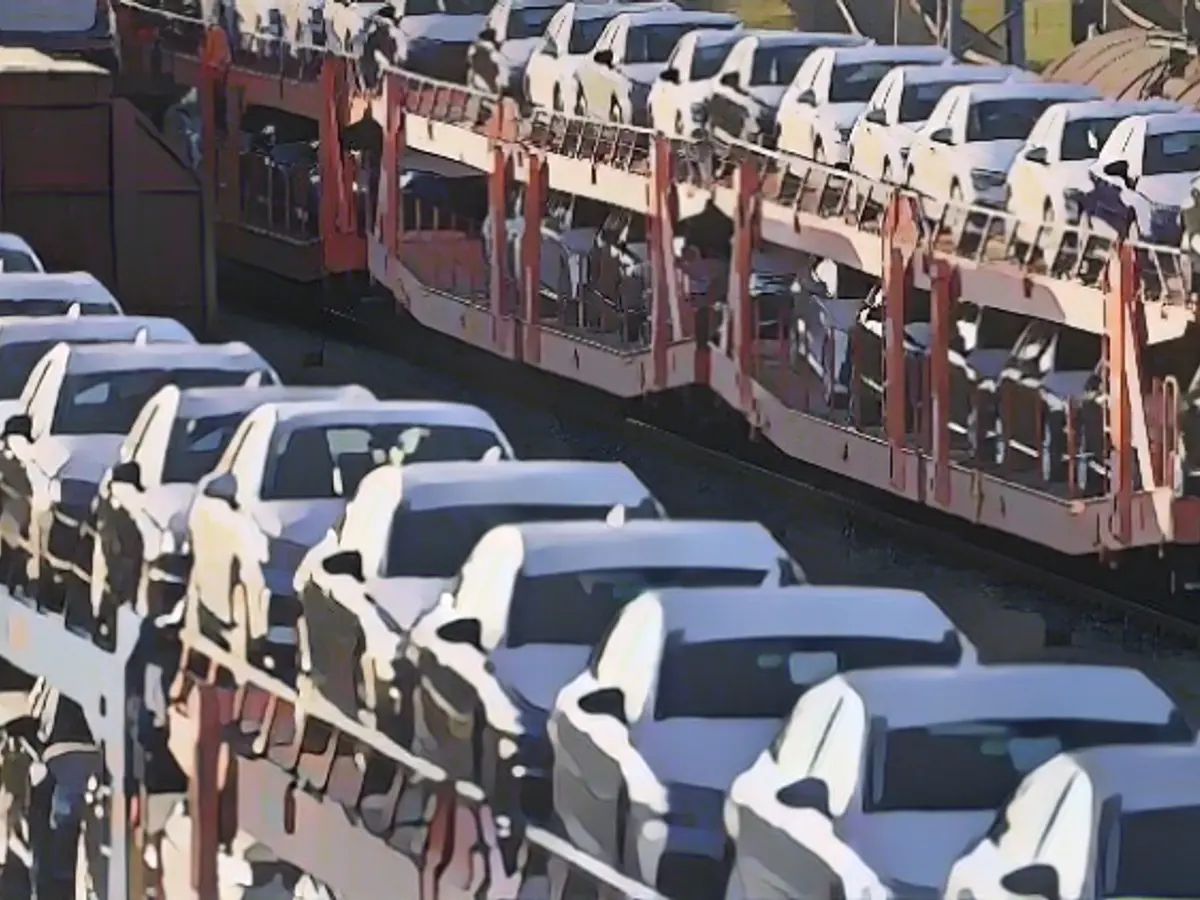BDI misses expansion of rail freight transport
More and more goods need to be transported. The German government wants to shift a quarter of this to rail. The industry association BDI considers this goal to be illusory. The expansion of the infrastructure is progressing too slowly.
The President of the Federation of German Industries (BDI), Siegfried Russwurm, has denounced the sluggish expansion of the rail infrastructure in Germany. "Rail infrastructure is growing in Europe, but we in Germany are massively putting on the brakes," Russwurm told the Funke Mediengruppe newspaper.
There is currently "definitely too little capacity" in the German rail network. The infrastructure is overloaded and in need of renovation, and approvals and construction are taking too long. "When we talk about additional lines or tracks on existing lines, it takes decades from the initial idea to the first train," said Russwurm. The upcoming general refurbishment of the most important rail corridors must be tackled effectively and efficiently, he added.
The head of the BDI also criticized declining punctuality in German freight transport. Companies would plan with a certain lead time and buffers when purchasing parts or preliminary products, Russwurm told the Funke newspapers. "But of course, a leading economic nation like Germany cannot expect unpunctuality to become the norm."
Highest train path prices in Europe
Russwurm expressed doubts about the German government's goal of handling a good quarter of transport volumes in Germany by rail by 2030. "I think that's illusory," said the BDI President. "To achieve this, a third more goods would have to be transported by rail. And a third of a transport volume that will continue to grow." According to data from the Federal Network Agency, 19.8 percent of freight traffic was carried by train last year.
Rail freight transport in Germany is also suffering from the highest track access charges in Europe. At the end of November, DB Netz AG announced that it would increase the prices for using the rail network from 2025. Due to inflation, it will be necessary to increase the so-called track access charges by an average of six percent, but significantly more in freight and long-distance transport, as Deutsche Bahn explained. The association "Die Güterbahnen" criticized that the high track access charges were a huge barrier to market entry.
Read also:
- Why there is still no EU funding for green Saar steel
- 3 billion Saar Fund is unconstitutional
- Lack of snow also opens up new opportunities for winter tourism
- Abrupt end to e-car subsidies
The BDI, led by President Siegfried Russwurm, believes that the German government's ambition to move a quarter of transportation to rail by 2030 is unattainable due to the slow expansion of the German railroad infrastructure. Additionally, the high track access charges in Germany, which are the highest in Europe, further hinder the growth of rail freight transport.
Source: www.ntv.de








